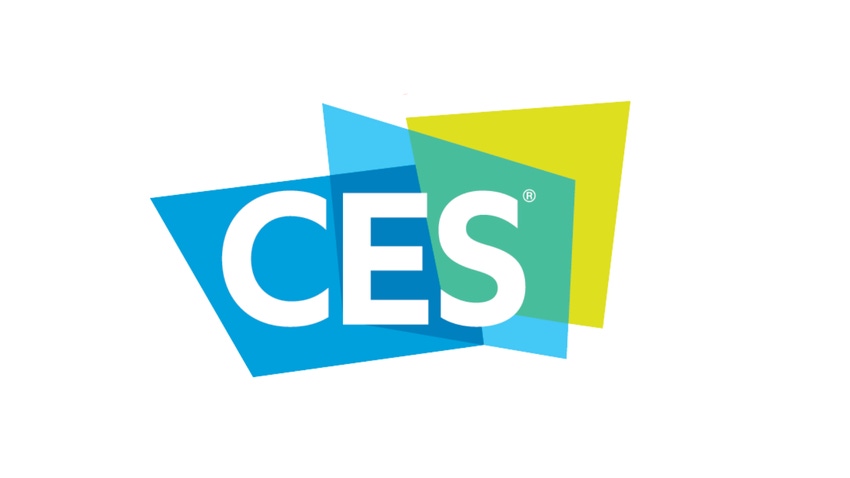CES 2024: Expect Lots of ‘AI-washing’ in Gadgets
Many AI-powered products are being showcased, even if some have dubious ties to the tech, a practice called 'AI-washing'

At a Glance
- CES expects more than 130,000 attendees at this year's conference. AI is expected to take center stage.
- Many AI-powered products are being showcased, even if some have dubious ties to the tech, a practice called 'AI-washing.'
- SEC Chair Gary Gensler warned public companies against engaging in 'AI-washing.'
About 130,000 people are gearing up for CES, or the Consumer Electronics Show in Las Vegas. The mega conference kicks off Jan. 9 and will take up more than 2.5 million square feet of space, spanning the Las Vegas Convention Center, the Venetian Expo Center, Aria, the Wynn and the Cosmopolitan hotels.
With ChatGPT making AI a household moniker, it is no surprise that many of the more than 4,000 vendors are jumping on this proverbial bandwagon. Get ready for this technology to be embedded in everything from tractors to boats to washing machines to robots.
The irony is that AI has been in consumer gadgets for years – think Alexa and Siri or the Nest thermostat. It is generative AI that is “new” to the public after OpenAI layered a chat interface on its GPT large-language model (LLM) to make it more user friendly and seem humanlike. It can even whip up immersive images.
“At CES, we’ll see much of the direction we saw in 2023 but now with a heavier emphasis on AI applied to every solution and device,” said Charles Cheevers, CTO of home networks solutions at CommScope. “These AI integrations will focus on making the device and solution easier to use, more proactive and predictable with an overall goal to minimize friction on use and improve the overall user experience.”
But the CES extravaganza risks being more about marketing hype and AI-washing. This may mean the overshadowing of truly innovative solutions.
“The wide array of capabilities that AI can offer will eventually play some role in nearly everything we do,” said Cory Siansky, who is the technology consultant at Publicis Sapient and has attended 17-straight CES conferences. “But implementing AI capabilities in industrial business processes or consumer-facing products and services will take time and investment over many years. We need to continue to think of AI as another tool in our toolbox, and not a magic wand. In the near term, AI will get plugged into lots of straight-forward and simple applications. But the promise of a deliberate, general thinking 'mind' is still quite a ways off.”
The fact is that embedding AI technology in devices is not particularly difficult. The reason is that LLMs like those from OpenAI, Google and Anthropic use APIs. It is a matter of writing a few lines of Python code to integrate AI into a system. This phenomenon has been known as creating AI “wrappers.”
“In order to create truly transformative AI-enabled products, companies need to dramatically boost their in-house AI capabilities,” said Kjell Carlsson, who is the head of AI strategy at Domino Data Lab. “Until then, expect extremely limited GenAI capabilities at best, and, in most cases, rampant AI-washing using methods that have been available for decades – plus a few scandalously bad products.”
AI-washing has even attracted the attention of federal regulators. Consider Securities and Exchange Commission Chair Gary Gensler. In December, he warned companies that make unfounded claims about their technology. He said that they need to be more proactive in providing “full, fair and truthful” disclosures, according to The Wall Street Journal.
The Federal Trade Commission has also raised concerns. Michael Atleson, an attorney for the FTC Division of Advertising Practices, said that “some products with AI claims might not even work as advertised in the first place. In some cases, this lack of efficacy may exist regardless of what other harm the products might cause. Marketers should know that — for FTC enforcement purposes — false or unsubstantiated claims about a product’s efficacy are our bread and butter.”
Read more about:
ChatGPT / Generative AIAbout the Author(s)
You May Also Like


.jpg?width=700&auto=webp&quality=80&disable=upscale)
.jpg?width=700&auto=webp&quality=80&disable=upscale)
.jpg?width=700&auto=webp&quality=80&disable=upscale)
.jpg?width=300&auto=webp&quality=80&disable=upscale)
.jpg?width=300&auto=webp&quality=80&disable=upscale)
.jpg?width=300&auto=webp&quality=80&disable=upscale)
.jpg?width=300&auto=webp&quality=80&disable=upscale)
.jpg?width=300&auto=webp&quality=80&disable=upscale)